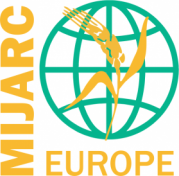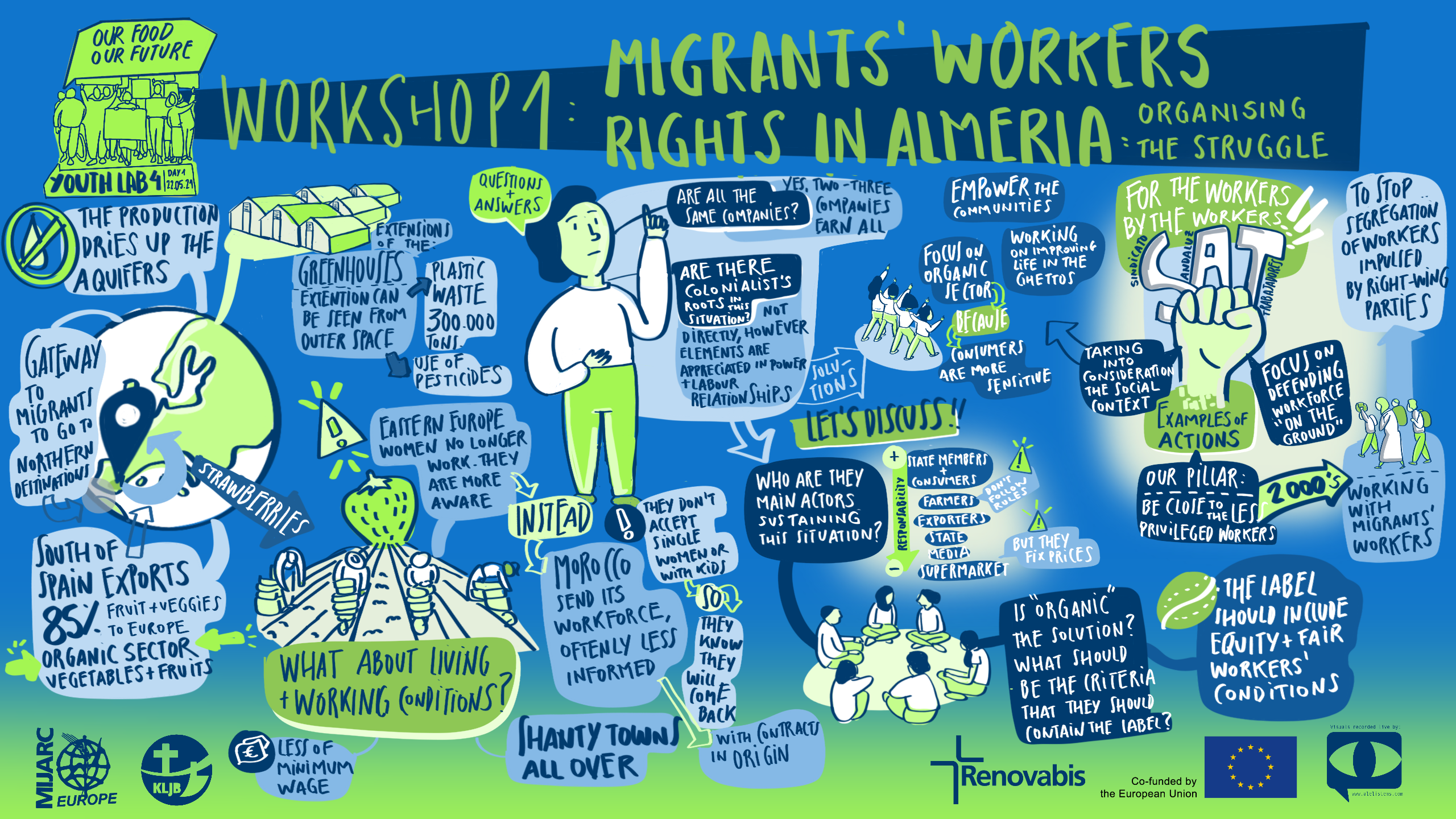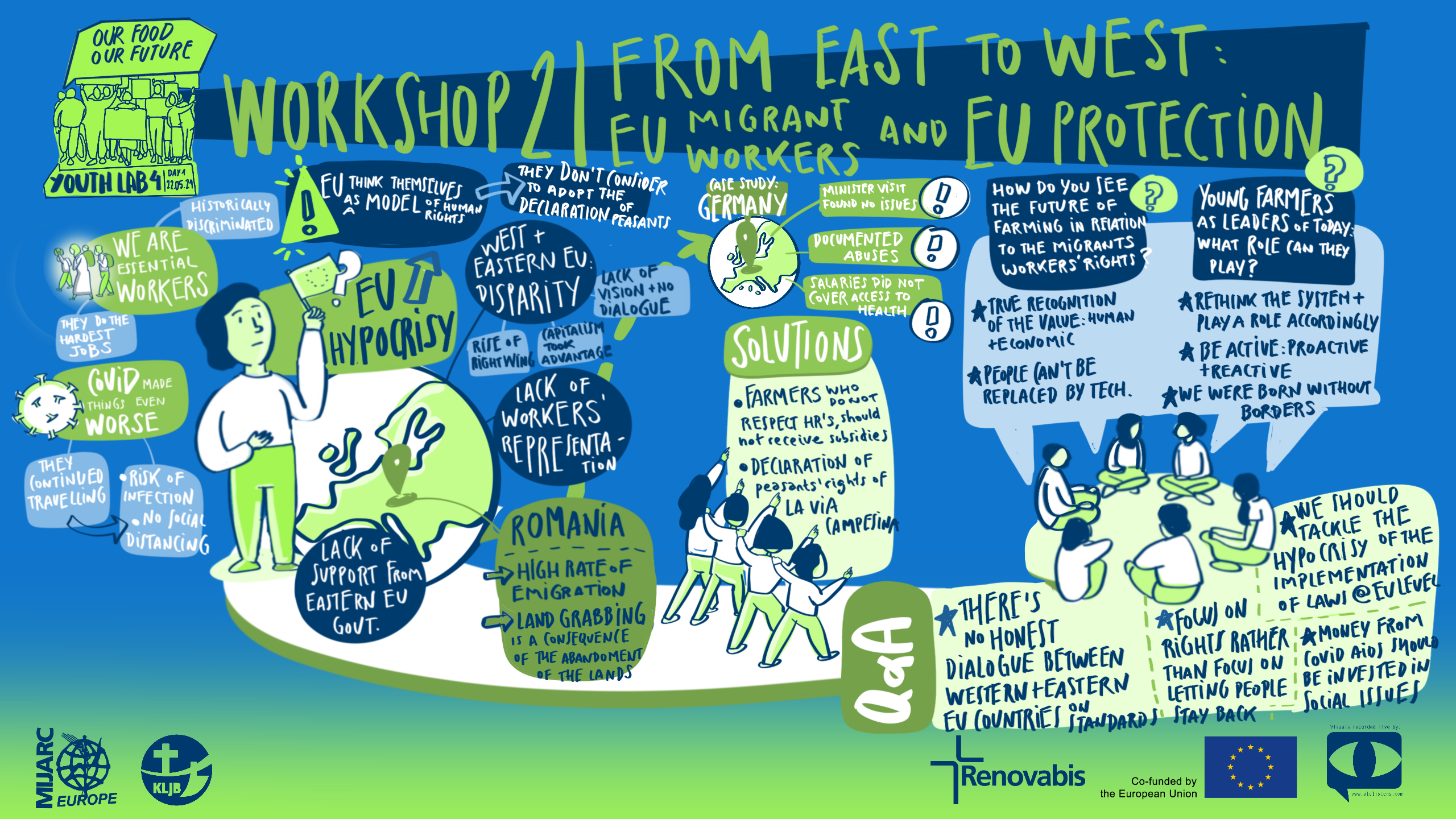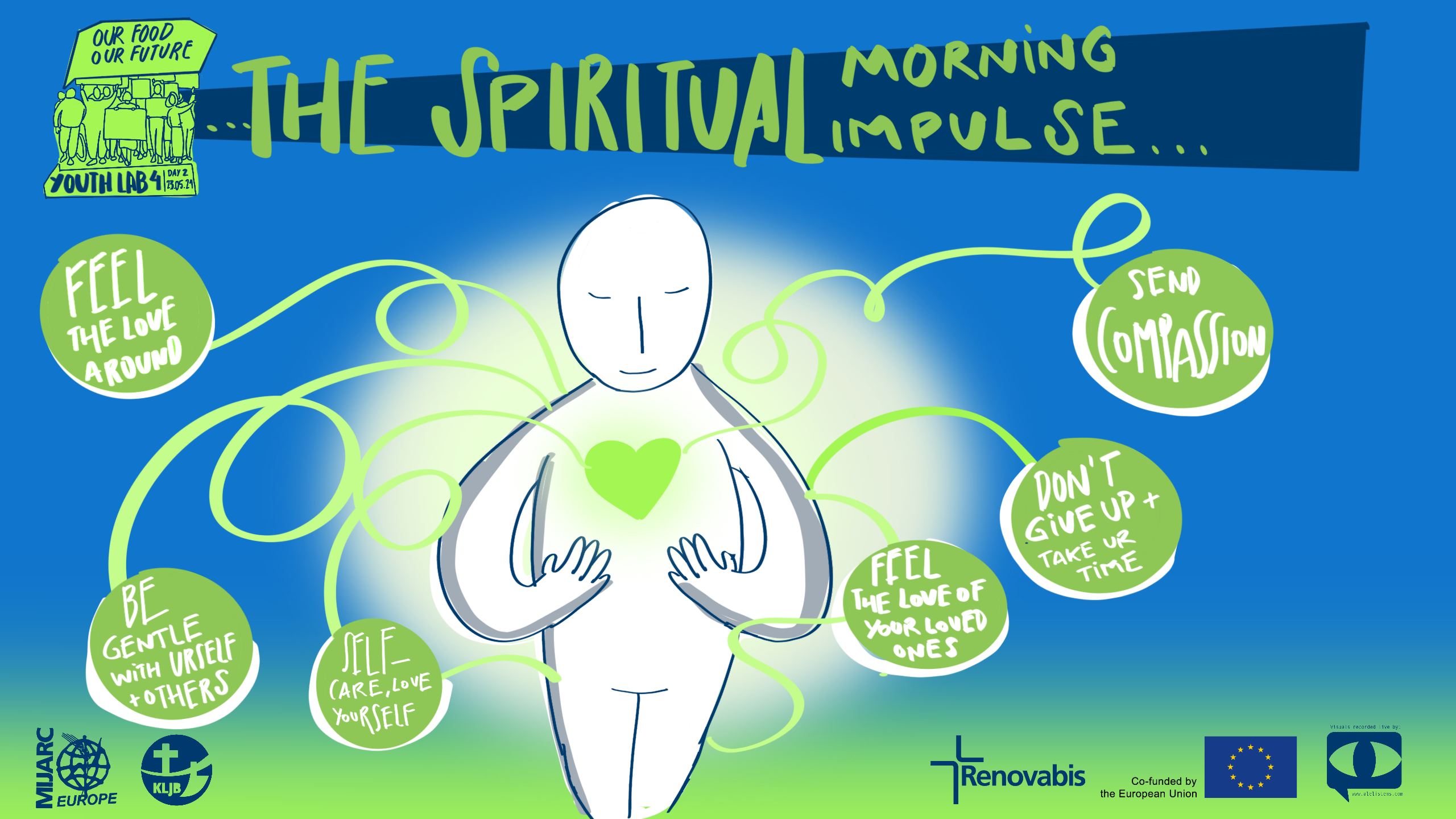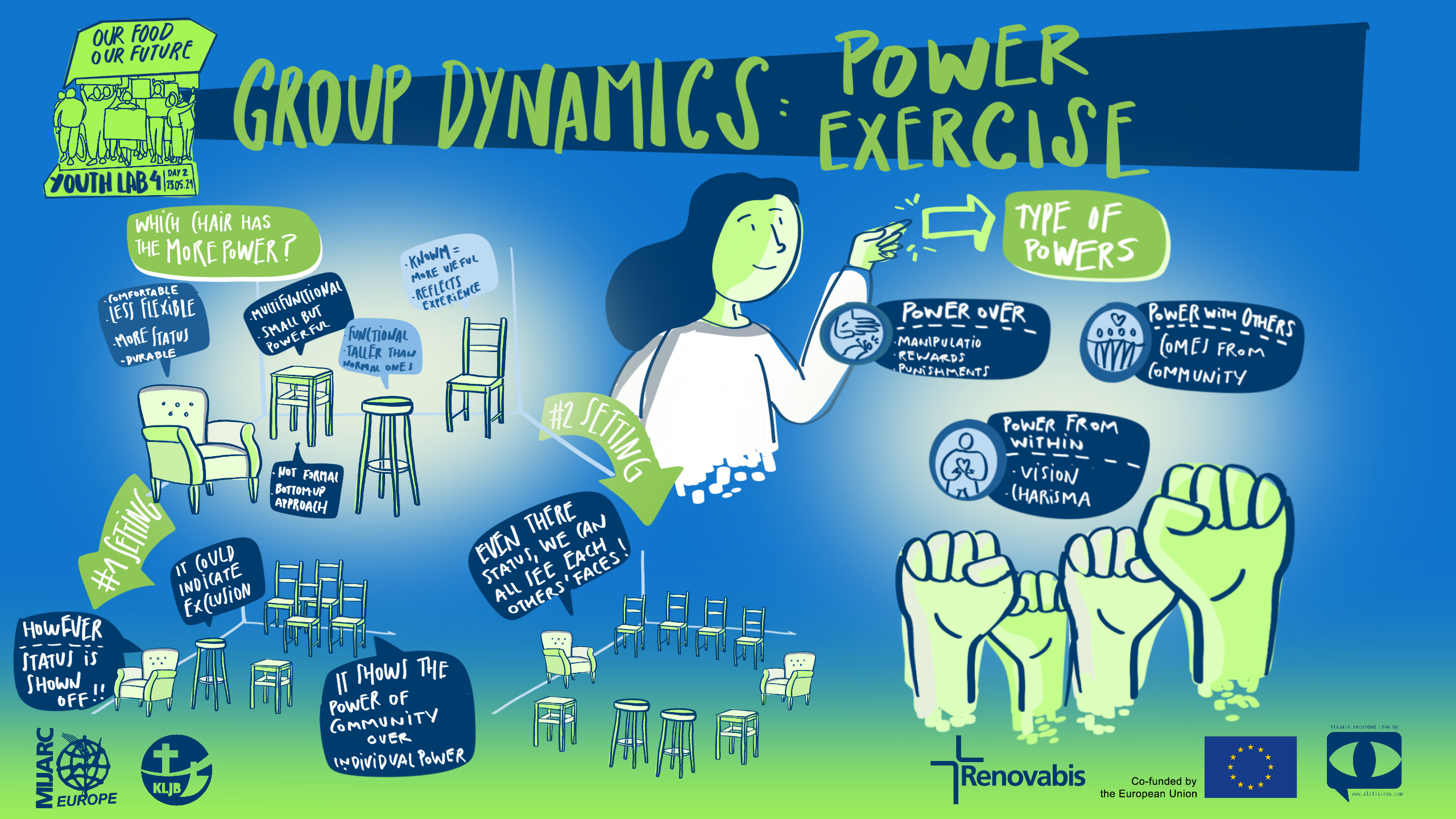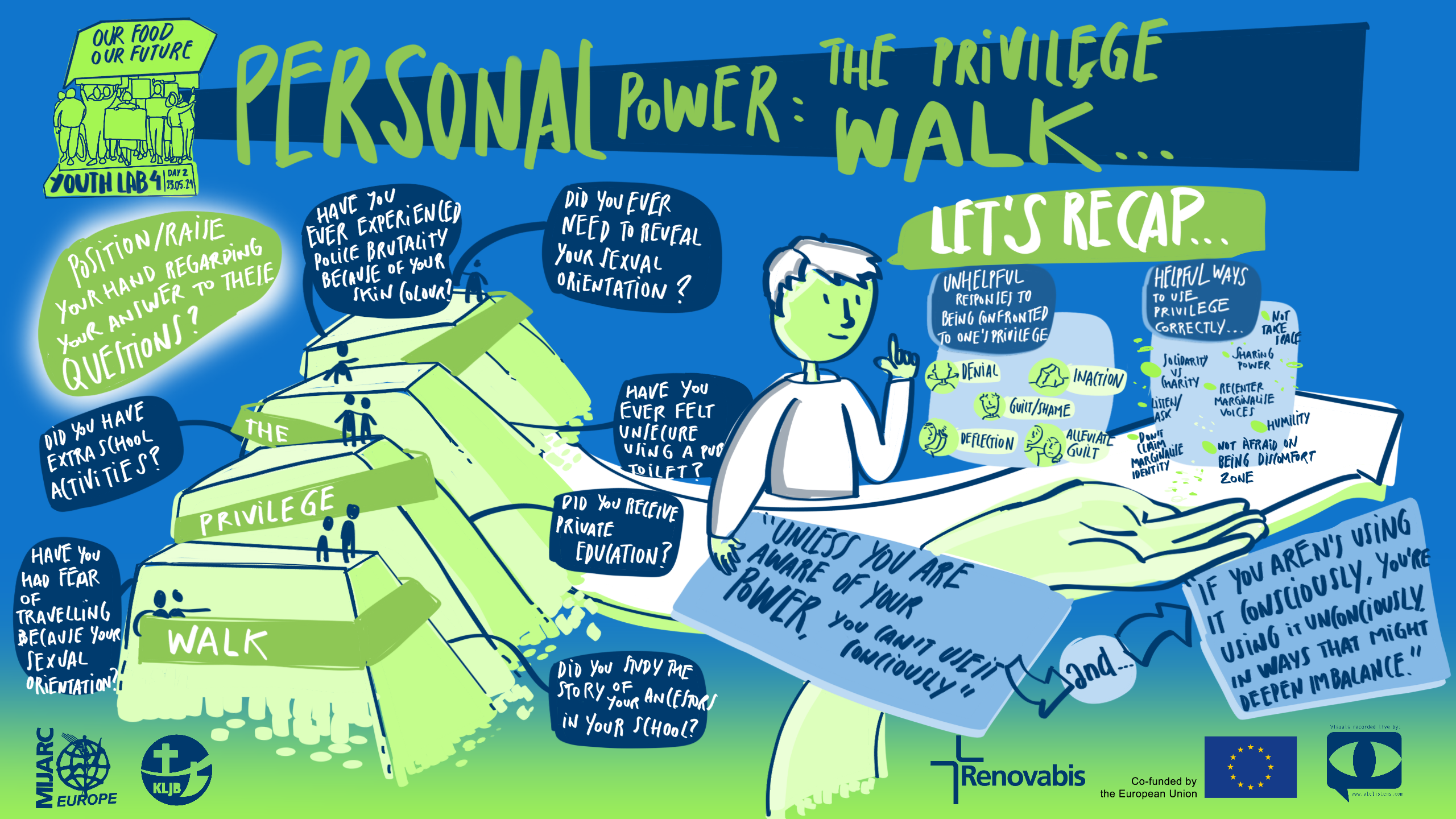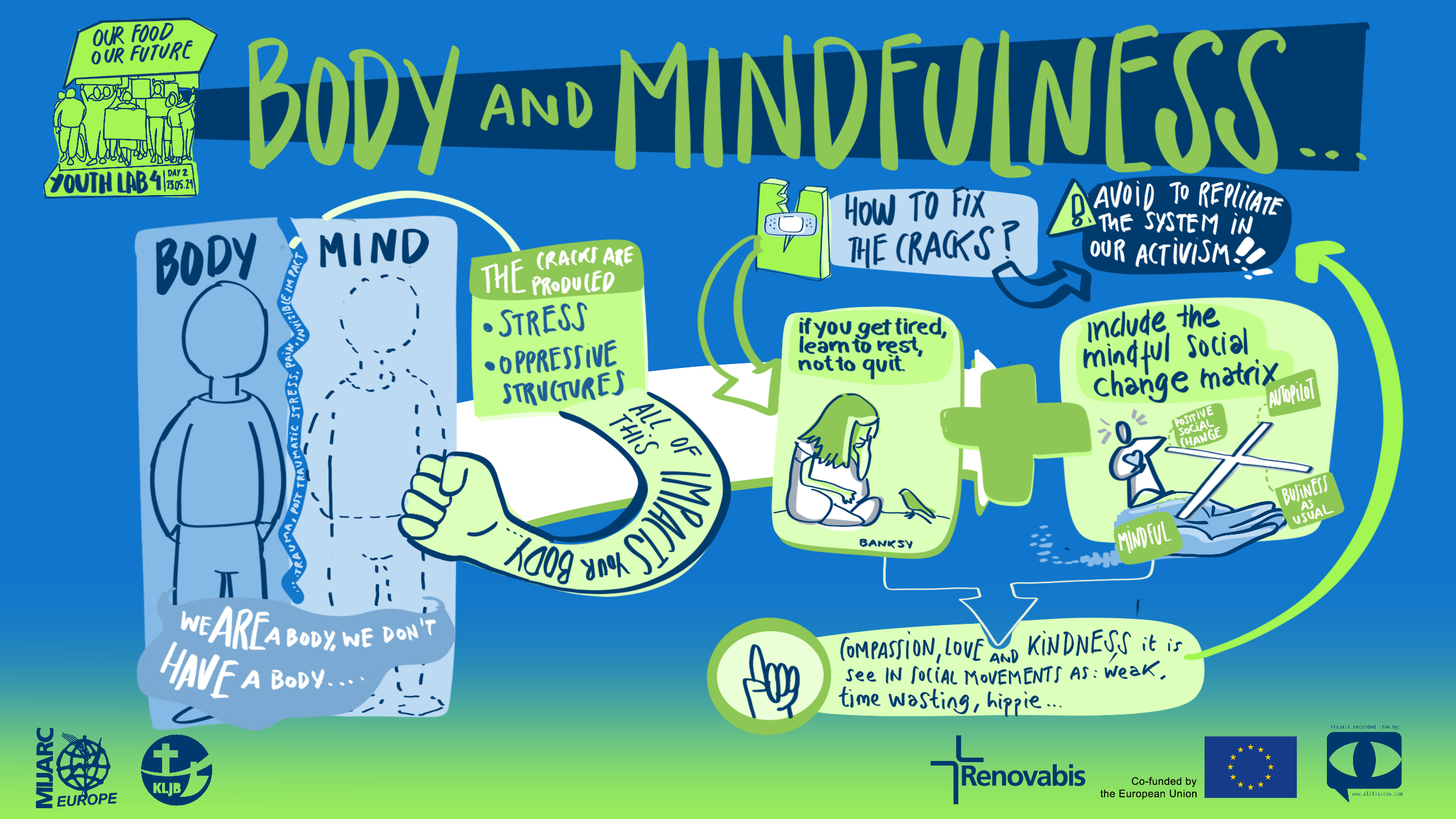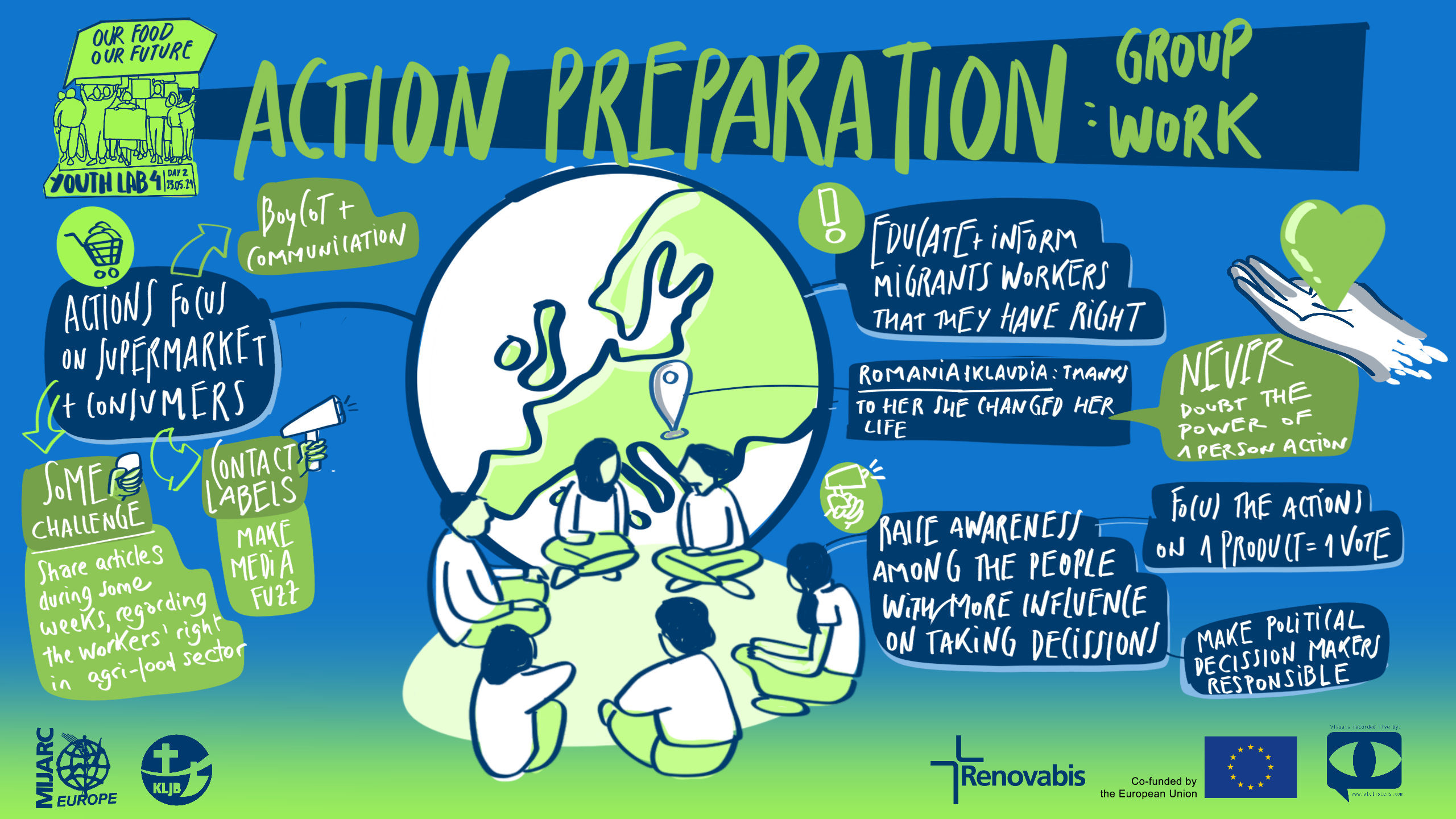“Thank you so much for organising the youth lab, it was by far the best online event I ever participated in.“
A Participant
The rollout of the fourth International Youth Lab (May 22nd–23rd) has come and gone, leaving the MIJARC Europe team thoroughly impressed and inspired by the passion-driven workshops and discussions from both the experts and the attendees alike. With topics ranging from the exploitation of migrant workers to questioning our powers of privilege, we can certainly say that we all left the event feeling more knowledgeable, empowered, and motivated to turn our ideas of action into concrete realities. Now you may be wondering, “What exactly did I miss?” Well, for those of you asking, here are the event’s discussions and exchanges in a nutshell.
Migrant Workers’ Rights in the Agri-Food Sector
The day opened with a talk by our expert on the topic, Gianluca Cesaro, from PICUM, an international network of organisations advocating for the rights of undocumented migrants. In this informative session, Gianluca explained the everyday realities of labourers with neither permits nor recognisable rights. Some of the potential solutions that sprouted from the ensuing discussions were:
- The importance of problematising all foodstuffs, not just meat products;
- A call to acknowledge that 1 purchase = 1 vote; and
- The need to re-label our food products and to question why so few Fair-trade goods are made available in our grocery stores.
Migrant Workers’ Rights in Almería: Organising the Struggle
The first workshop was conducted by Johanna Moreno, Delia McGarth, and José García Cuevas from SOC-SAT Almería, a union aimed at defending and upholding the rights of rural workers from Andalusia to foster a fairer and democratic society. Here are some key takeaways from this session:
- The south of Spain exports 85% of its fruits and veggies to Europe, yet consumers are blind to the fact that most of this agricultural produce is being cultivated by Moroccan migrants that have been brought into Spain by a system with racist, sexist, and patriarchal connotations (thus affecting women disproportionately);
- The label “organic” does not guarantee fairness and equity; and
- Excessive production has had knock-on effects on the local environment, in particular by drying up the aquifers and damaging national parks.
From East to West: EU Migrant Workers and the EU Protection
Ramona Duminicioiu from EcoRuralis and La Via Campesina facilitated the second workshop that discussed the roots of today’s East-West disparities. In brief, the Cold War period saw the capitalist system of the West overtake the then-Soviet controlled East. This enabled large corporations to take part in labour exploitation and land grabbing practices that led to extreme rightists scaling up the hierarchical ladder while leaving the poor behind. As Eastern governments were powerless and unable to support their local markets and food systems, Eastern workers were gradually becoming marginalised and underrepresented. Such inequalities continue to exist today. The educational talk was then followed by some stimulating questions, such as:
- If being progressive is not enough, what can we do?
- Would you say that harmonisation and common standards are problematic for Eastern European countries?
- How has COVID-19 affected migrant workers in Romania?
Power, Mindfulness, Action!
The following day the participants were greeted by two familiar faces: Sheila and Kinga – our experts in action. During this productive morning, participants got to partake in virtual power exercises to better understand the different forms of power and their applicability in our day-to-day lives. This led to discussions revolving around privilege and how our unconscious usage of power has deepened imbalances and insecurities. This was followed by an intriguing discussion on the mind-body division and the need to recover from stress, trauma, and other invisible side effects that may arise from partaking in physical action (we are, after all, only humans). Questioning the bad rep that wellbeing and self-care frequently receive by the public was highlighted, emphasising that social change needs to happen by compassionate activists that realise that for change to happen, they themselves may need to change too.
A Very Fruitful (and Fun!) Event Indeed
One of course must not forget the usual “get-to-know-one-another” activities and events. The Welcome Evening and the National German Evening (on Friday and Saturday night respectively) truly helped strengthen relationships and nurture familiar and safe environments, serving as a platform to help people connect globally and make new (virtual) friends. At the end of the day, the participants left the Lab not only feeling like they had gained a better understanding of the pressing issues at hand, but were also able to take with them a memorable experience that helped create a supportive and kind community of like-minded and inspirational youths.
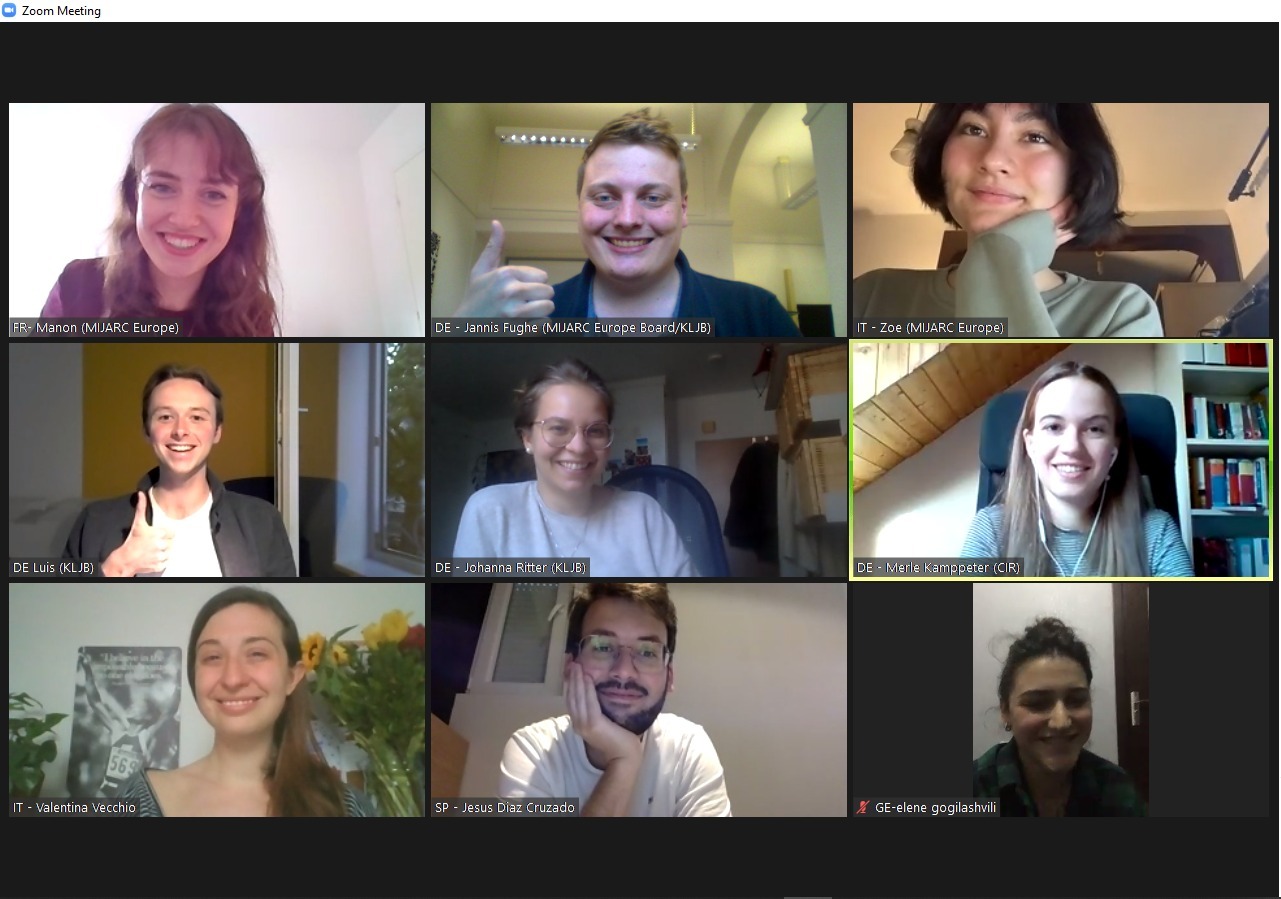
“I met a lot of wonderful people and learnt new things that will help me become a better person.”
A Participant
Missed the event? No worries! Check out the recap slideshow below drawn and written by the talented Alejandro Gil (@ale_listens_and_draws), which you can also find on our Youtube and Instagram pages. We also hope to see you in our fifth (and sadly final) International Youth Lab happening on June 26th–27th. Follow us on our social media accounts to keep up with any new updates and future events!
